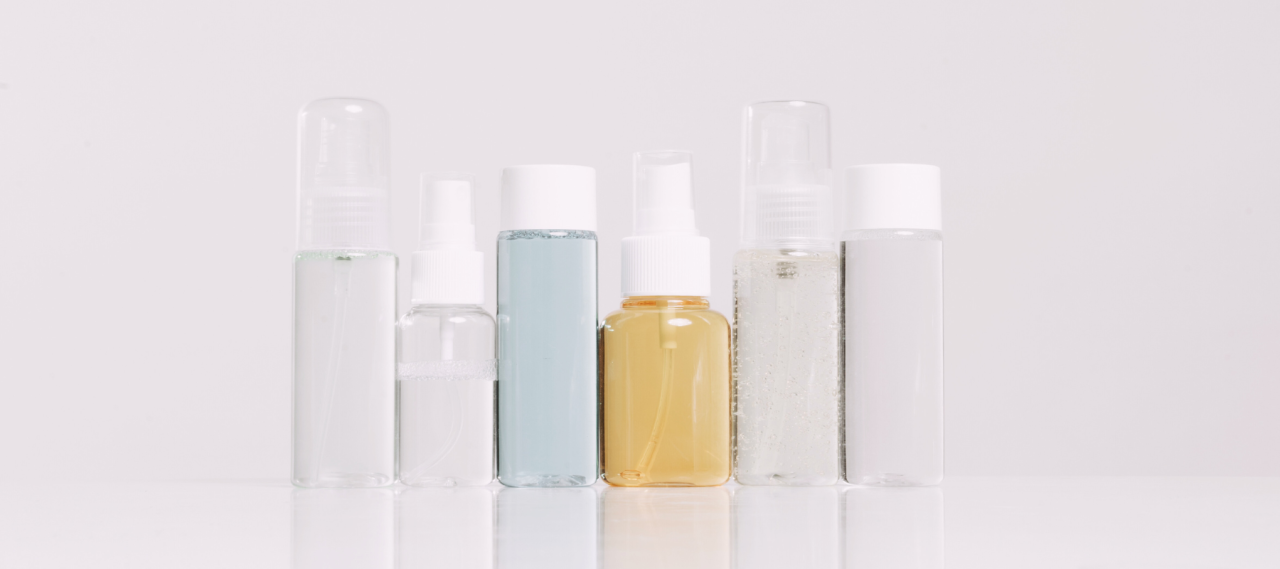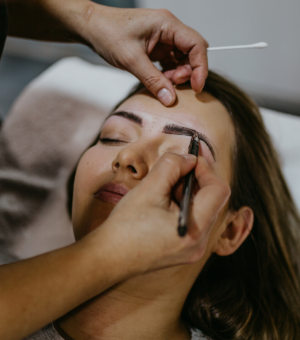The more expensive a product is, the more effective it is
This is a common myth, but it's not necessarily true. The price of a product is not always related to its effectiveness. It is important to focus on the ingredients and compatibility with your skin type rather than the price. Some affordable products can be just as effective as more expensive options.
Daily exfoliation is good for your skin
Exfoliation is an important step in your skincare routine, as it removes dead skin cells and promotes cell renewal. However, excessive exfoliation can irritate and weaken the skin. It is recommended to exfoliate only two to three times a week, depending on your skin type.
Oily skin does not need moisturizing
People with oily skin may think they don't need to moisturize their skin, but this is a mistake. Oily skin can also be dehydrated, and the lack of moisture can cause the sebaceous glands to produce even more sebum. It's important to choose a lightweight, non-comedogenic moisturizer that is suitable for oily skin.
Pimples need to be poked to heal
Popping a pimple may seem like a quick fix to make it go away, but it can actually make the inflammation worse and cause infection or scarring. It's best to let pimples heal naturally and use topical treatments recommended by a dermatologist to speed up the healing process.
Sunlight helps heal acne
While moderate sun exposure can have a beneficial effect on some skin conditions, such as psoriasis, exposure to the sun without adequate protection can cause skin damage and increase the risk of skin cancer. In addition, the sun can cause excessive sebum production, making acne worse. It is essential to use sunscreen that is appropriate for your skin type and to avoid excessive sun exposure.



